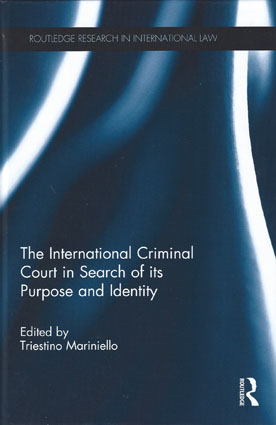
The International Criminal Court (ICC) is the first permanent international criminal tribunal, which has jurisdiction over the most serious crimes of concern to the international community as a whole: genocide, crimes against humanity, war crimes, and aggression.
It constitutes a fundamental step in the evolution of the universal system of human rights protection and in the fight of impunity for the crimes in question. This book critically analyses the law and practice of the ICC, and its contribution to the development of international criminal law and policy. The focus is placed on the key challenges, both procedural and substantive, faced by the ICC since its establishment.
Contributors to the book include leading experts in international criminal justice, who cover topics including: proposals for the ICC to prosecute a new generation of international crimes, victims reparations, the evidentiary threshold for the confirmation of charges, and claims that the ICC has unfairly targeted countries in Africa.
The book also considers the relationship between the International Criminal Court and States and explores the impact that the new regime of international criminal justice has had on countries where the most serious crimes have been committed. In drawing together these strands the book provides a significant contribution in assessing how the ICC's practice could be refined or improved in future cases.